US Ambassador David Pressman expressed serious concerns regarding Hungary's proposed new legislation on preserving national sovereignty, submitted recently to the Hungarian parliament. In his view, the law could be used to criminalize and intimidate independent civil society and media organizations, which he described as very dangerous. He said he hoped that Hungary would not go down that path, i.e. the country will not adopt the new legislation, hinting that Hungary's legislative package on sovereignty protection is far harsher than similar laws in Putin's Russia, the Hungarian Mandiner news portal writes.
What's this new legislation safeguarding national sovereignty?
The new law on protecting national sovereignty, submitted by Mate Kocsis, Fidesz's parliamentary group leader, comprises several key points. Its central element is the establishment of a sovereignty protection office, but it also includes amendments to the criminal code and the electoral procedure act.
The sovereignty protection office will be an "autonomous public administration body for analysis, assessment, proposal and investigation", which will develop a methodology for sovereignty risk assessment, prepare an annual sovereignty report and collect data, including classified information, on sovereignty issues from all relevant actors.
The office may initiate an investigation if it detects activities by a foreign state, body, organization or person that could "violate or endanger" Hungary's sovereignty, such as disinformation or activities aimed at influencing democratic decision-making processes.
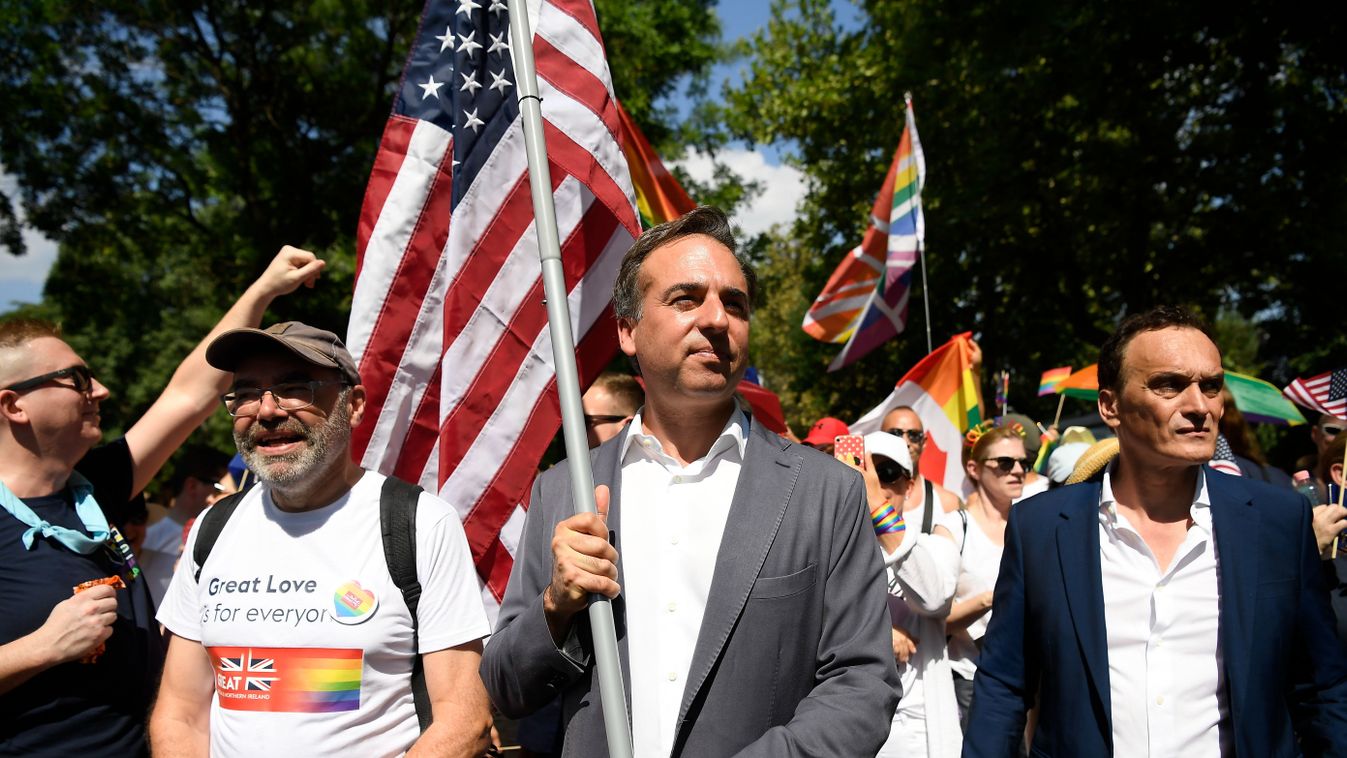
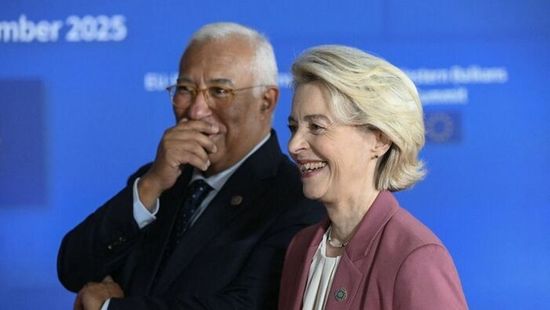

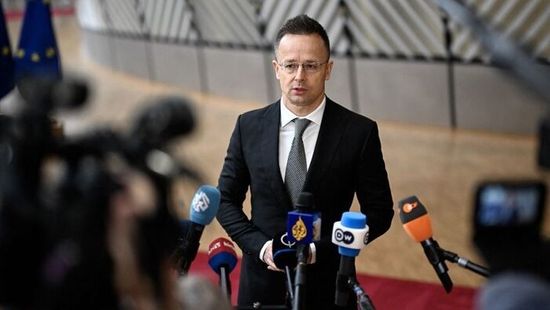
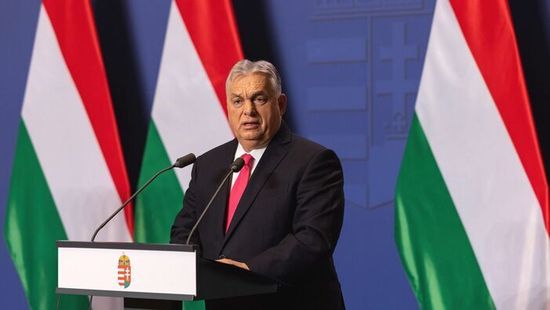











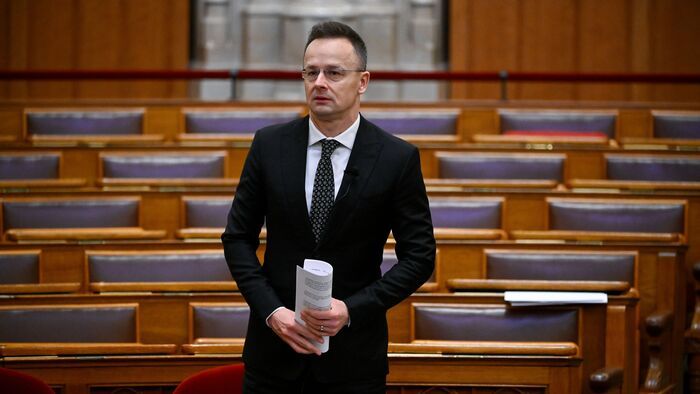
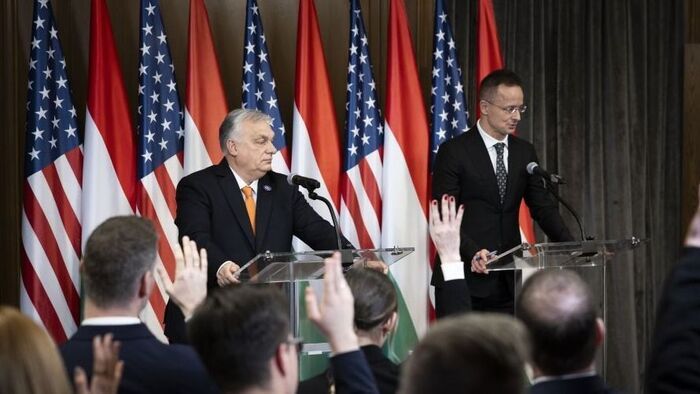


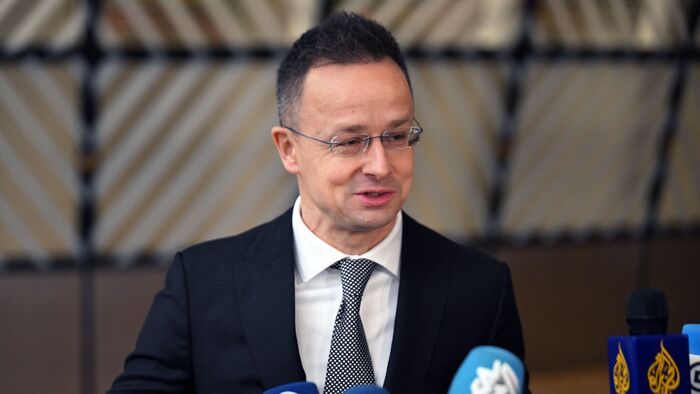


Szóljon hozzá!
Jelenleg csak a hozzászólások egy kis részét látja. Hozzászóláshoz és a további kommentek megtekintéséhez lépjen be, vagy regisztráljon!